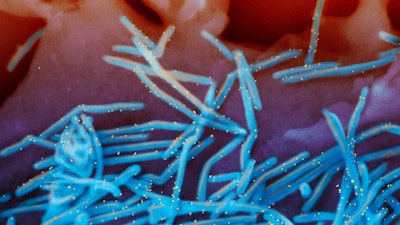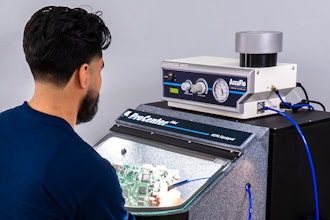
NEW YORK (AP) — Reports of a rare nervous system disorder were "more common than expected" in older U.S. adults who got the new RSV vaccines, according to a Centers for Disease Control and Prevention report released Thursday that's similar to what the organization said earlier this year.
Government officials still say the benefits of the shots outweigh the risks.
The CDC and the U.S. Food and Drug Administration say they're evaluating any risks, but do not plan to change their recommendation for the RSV shots, which is that patients 60 and older should talk to their doctor and then decide whether to be vaccinated.
More than 10 million older adults have gotten either Pfizer or GSK single-dose shots since early August to protect against respiratory syncytial virus, which is a common cause of cold-like symptoms and can be dangerous for infants and older people.
Health officials have estimated about two cases of Guillain-Barre syndrome in every 1 million people who receive the RSV vaccine within three weeks of getting the shot.
The new CDC report focused on 28 cases of the syndrome in people who were vaccinated, and all but one developed symptoms within 21 days. That translated to 1.5 cases per million in people who got the GSK RSV vaccine, and five cases per million in recipients of the Pfizer shot.
CDC officials presented similar findings on the RSV shots and Guillain-Barre syndrome at a February public meeting.
An estimated 3,000 to 6,000 people develop Guillain-Barre syndrome in the U.S. each year — either after being infected by a virus or linked to a vaccination — and it's more common in older people, according to the CDC. Most people fully recover, but some have permanent nerve damage.






















